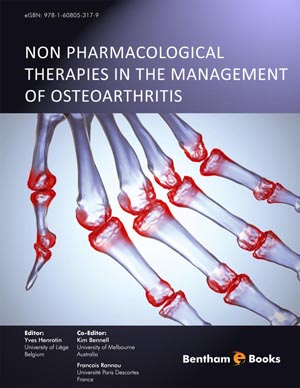Abstract
Obesity is the most modifiable risk factor for knee Osteoarthritis (OA). The mechanisms by which obesity contributes to the onset of knee OA are not fully understood, but the increase in biomechanical loading to cartilage seems to play a major role. Recent data have also suggested that metabolic factors and low-grade inflammation in obese patients might contribute to the genesis of the OA process. Weight loss is recommended by international bodies (EULAR and OARSI) as a treatment modality for obese patients with knee OA. RCTs have demonstrated that moderate dietary weight loss of about 5% improves function but pain only slightly. Few open studies have investigated the effect of massive weight loss induced by bariatric surgery in knee OA. Although the results from these studies should be cautiously interpreted, it seems that drastic weight loss could be more effective to reduce pain and disability in obese patients. Moderate weight loss significantly reduces several markers of systemic inflammation (TNFα, IL-6 and CRP) but the search for a correlation between these changes and an improvement in clinical outcomes has remained elusive in different studies.
Keywords: Osteoarthritis, obesity, weight loss, adipokines, inflammation.






















